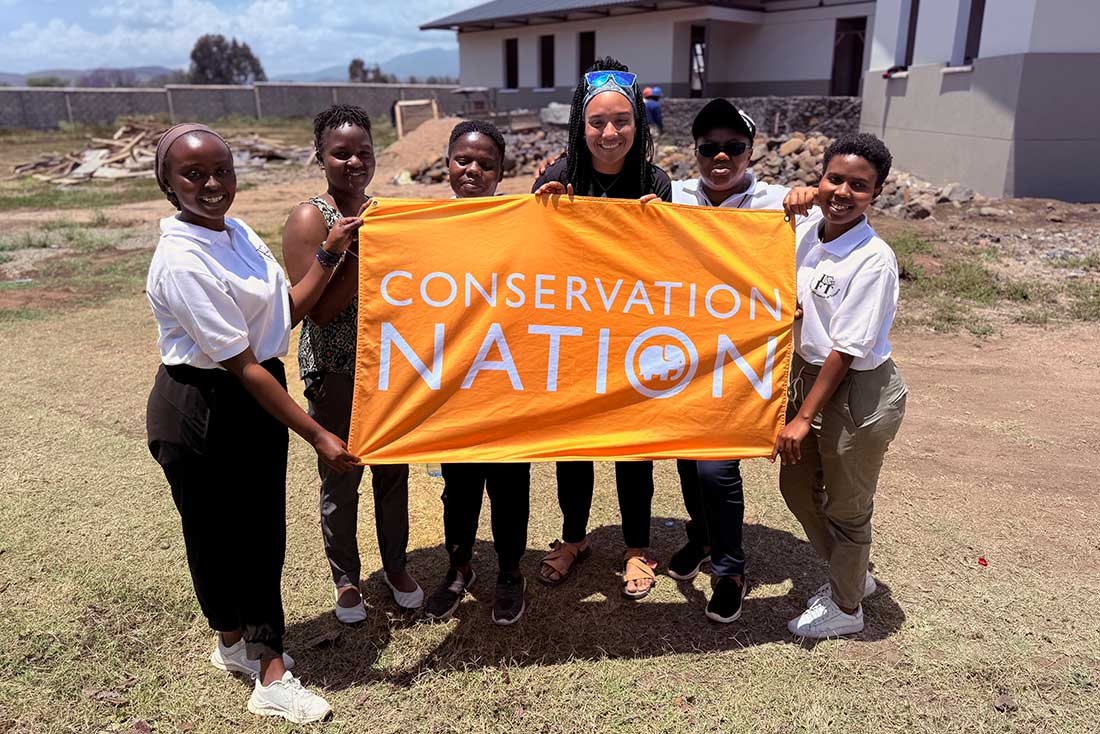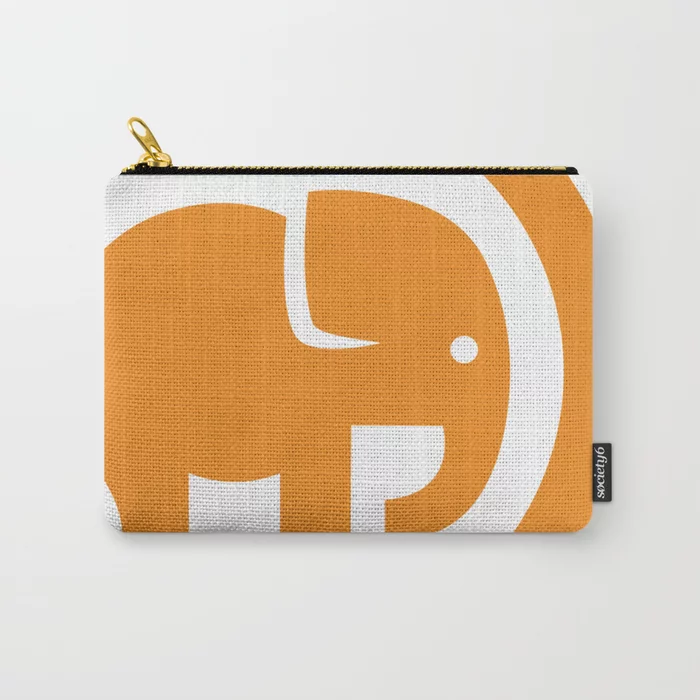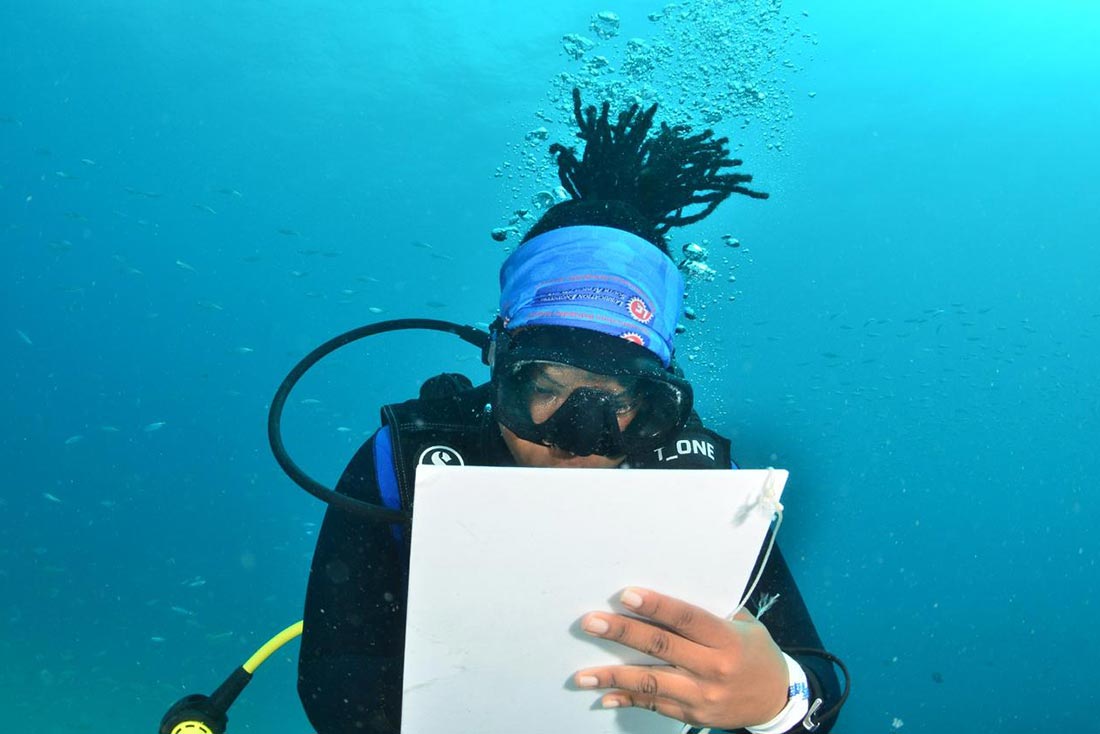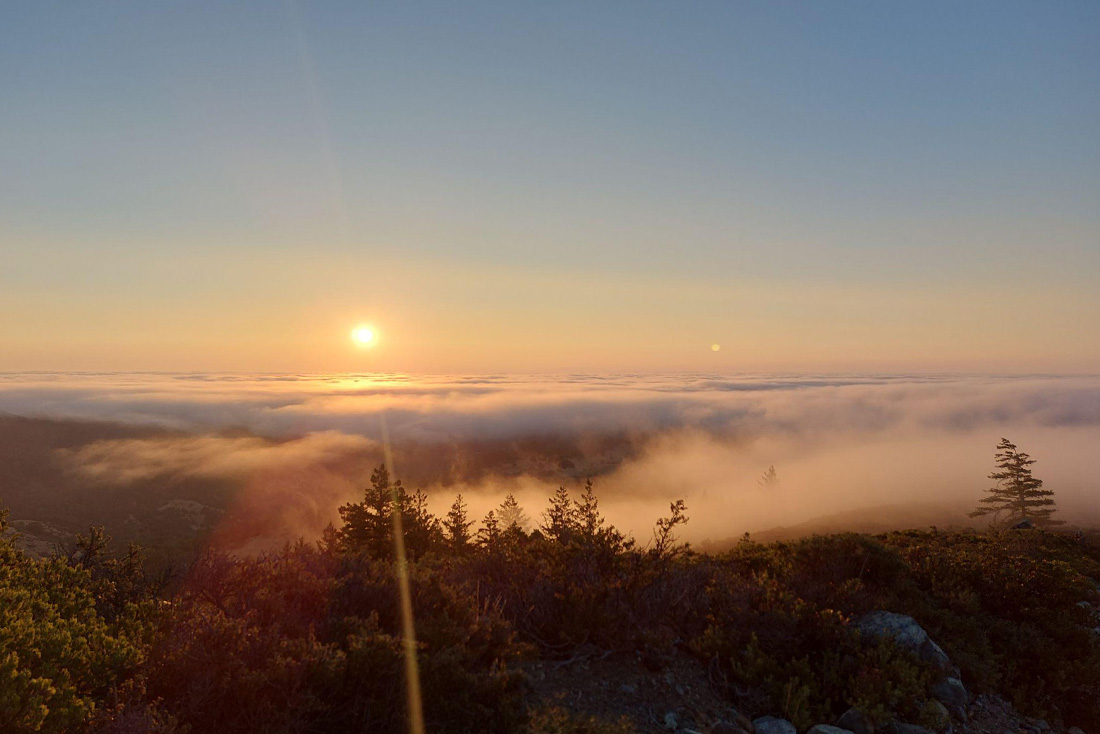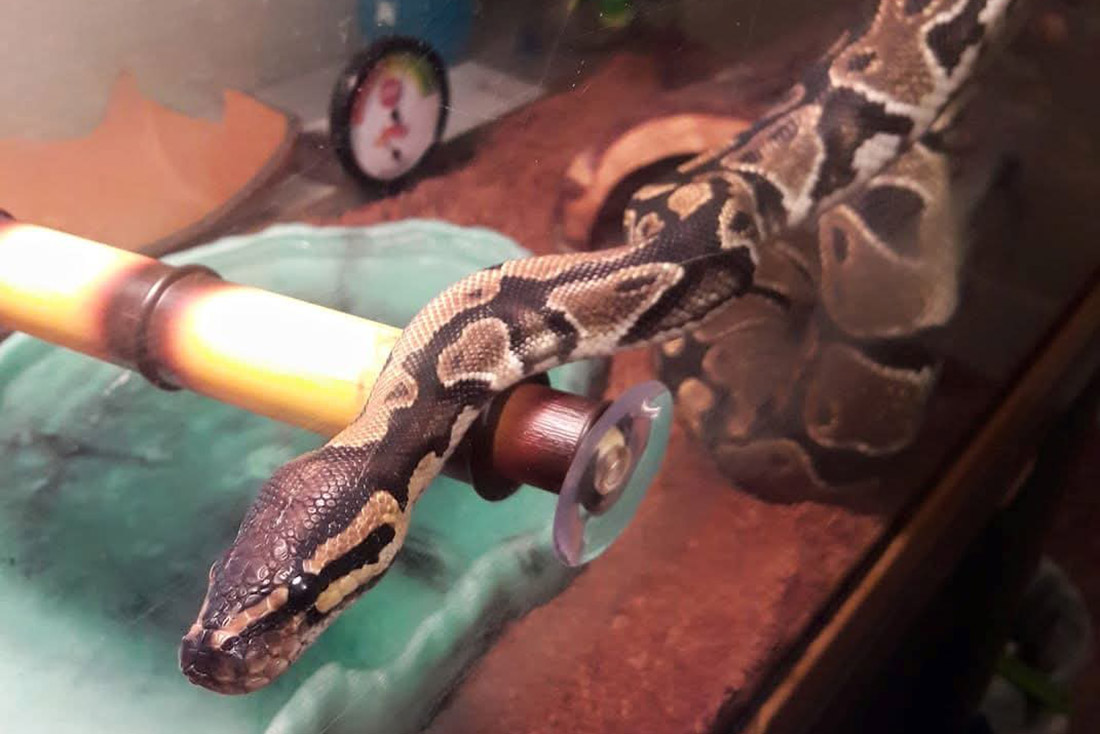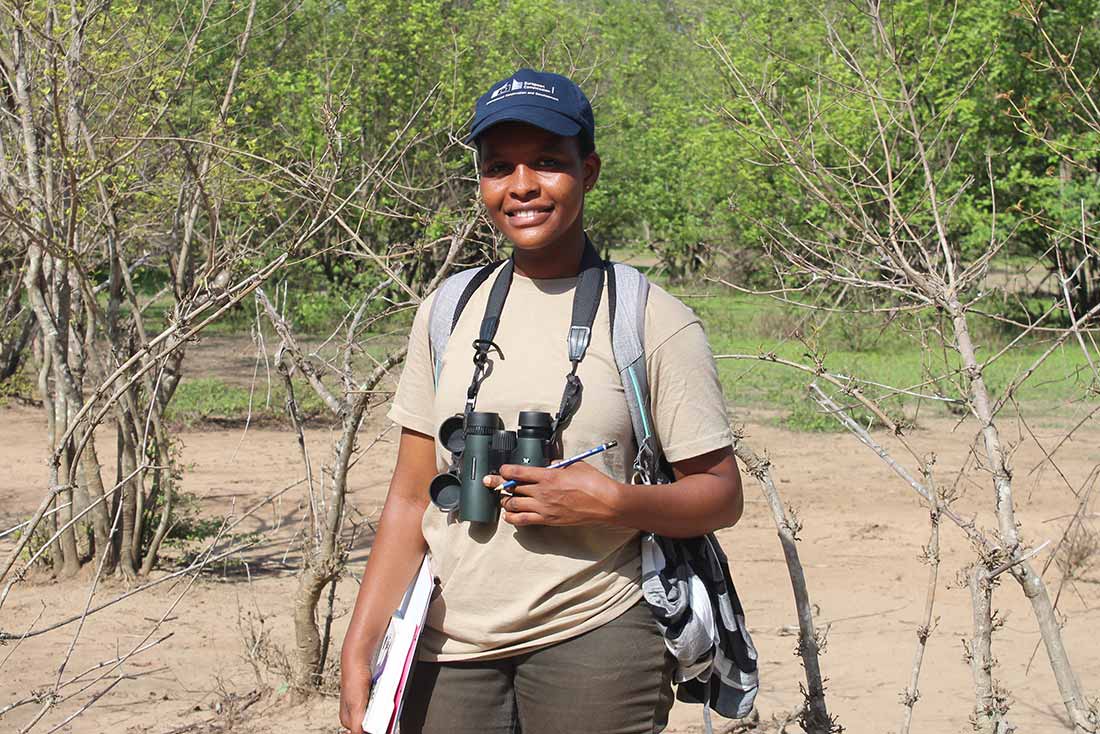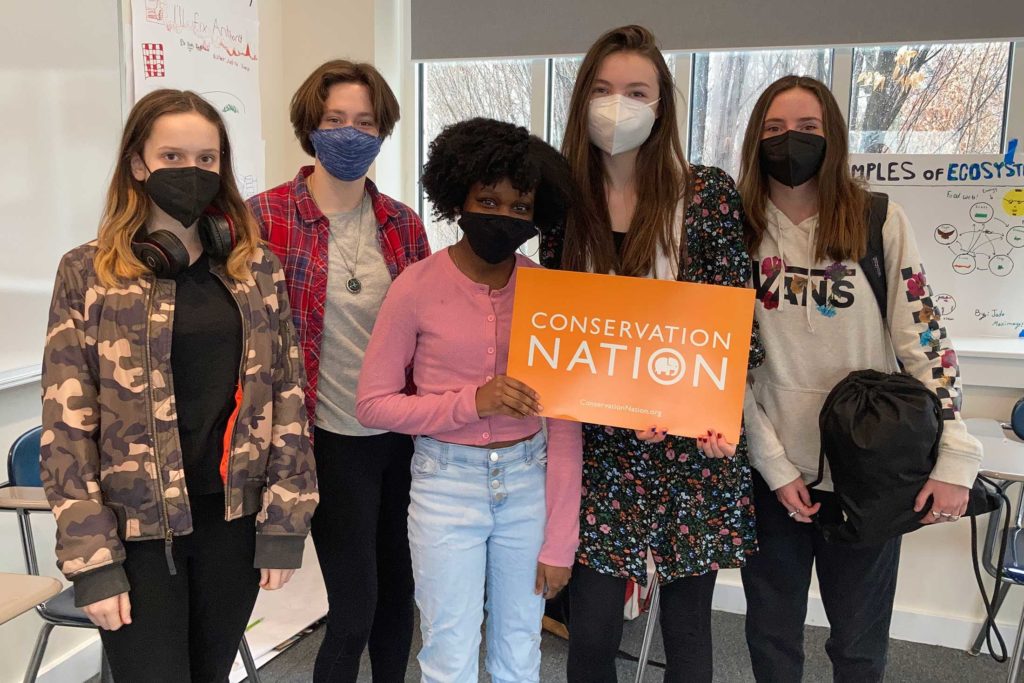I firmly believe that conservation cannot be accomplished without community. When building a space for ourselves, we take note of our desires. For many, environmental awareness is an integral part of any space they inhabit. This was the case for the founders of the Field School’s Environmental Ethics Club. Together, they created a space for those passionate about the environment to gather, plan, and feel comfortable.
I joined Environmental Ethics in my freshman year, which impacted how I felt about my community. Environmental Ethics catered to my interests in conservation. We traded resources to improve our habits, informed each other about current events, and, most importantly, took action to improve our greater community.
Our biggest project was providing our school with a composting service. Each week we researched local composting companies, made presentations to persuade the administration, and brainstormed ways to educate the rest of our school. Our goals could not be achieved without our broader community or each other. In my sophomore year, everything was coming to fruition. Then, all of our momentum was lost when we moved to virtual learning. All student-led activities were canceled for the remainder of that year and into the next.
The loss of a community is palpable. Throughout my junior year, I wondered what would happen to everything we accomplished. The leaders graduated, and the administrators were leaving. I realized that the smaller community I treasured might be gone permanently if I did not act. I decided to step up and lead Environmental Ethics. That summer, I attended the Washington Youth Summit on the Environment and took note of everything, planning the next steps for Environmental Ethics. Upon my return to school, I learned that I was not the only one who missed our little community. My co-leader, Gigi, had also dedicated herself to the club’s return.
Despite my plans, I wanted to ensure that my club members came to treasure the space as I had. The new members of Environmental Ethics, now Environmental Action, took note of the issues they saw in our school and the country. We shifted focus to our school’s failed recycling program and scheduled a meeting with another team of administrators. Before the end of the first semester, we had already planned a meeting with a recycling company. This was not our only victory in the first semester. After hearing my club’s interest in animal rights, I remembered Conservation Nation from the Washington Youth Summit on the Environment, and my club moved right into organizing a bake sale.
This was when I witnessed the power of community in conservation. Our bake sale lasted three days, and our community was eager to donate. Teachers commended us, students remembered to bring cash, and some donated whatever they had each day. The biggest obstacle to tackling recycling is the student body. They need to properly use the bins and separate their waste to succeed. The bake sale’s success gave me faith in our community. I believe that if they know their impact, our community will do what it needs to.
Our club only plans to do more as we combine conservation with the community. We intend to volunteer at local urban gardens, clean parks, and rivers, organize another bake sale, and a low-waste day for our school. As we move forward with our passion for conservation, I hope that we remember the impact we can have when we unite with others.
Erica is a student at the Field School in Washington, DC, and the co-leader of the Environmental Ethics Club. The Environmental Ethics Club held a fundraiser in late 2021 and donated the proceeds to Conservation Nation. We invited Erica to share her thoughts about what conservation means to her, how she learned about Conservation Nation and organizing for a cause. Thank you to Erica and the Field School community for supporting Conservation Nation!

